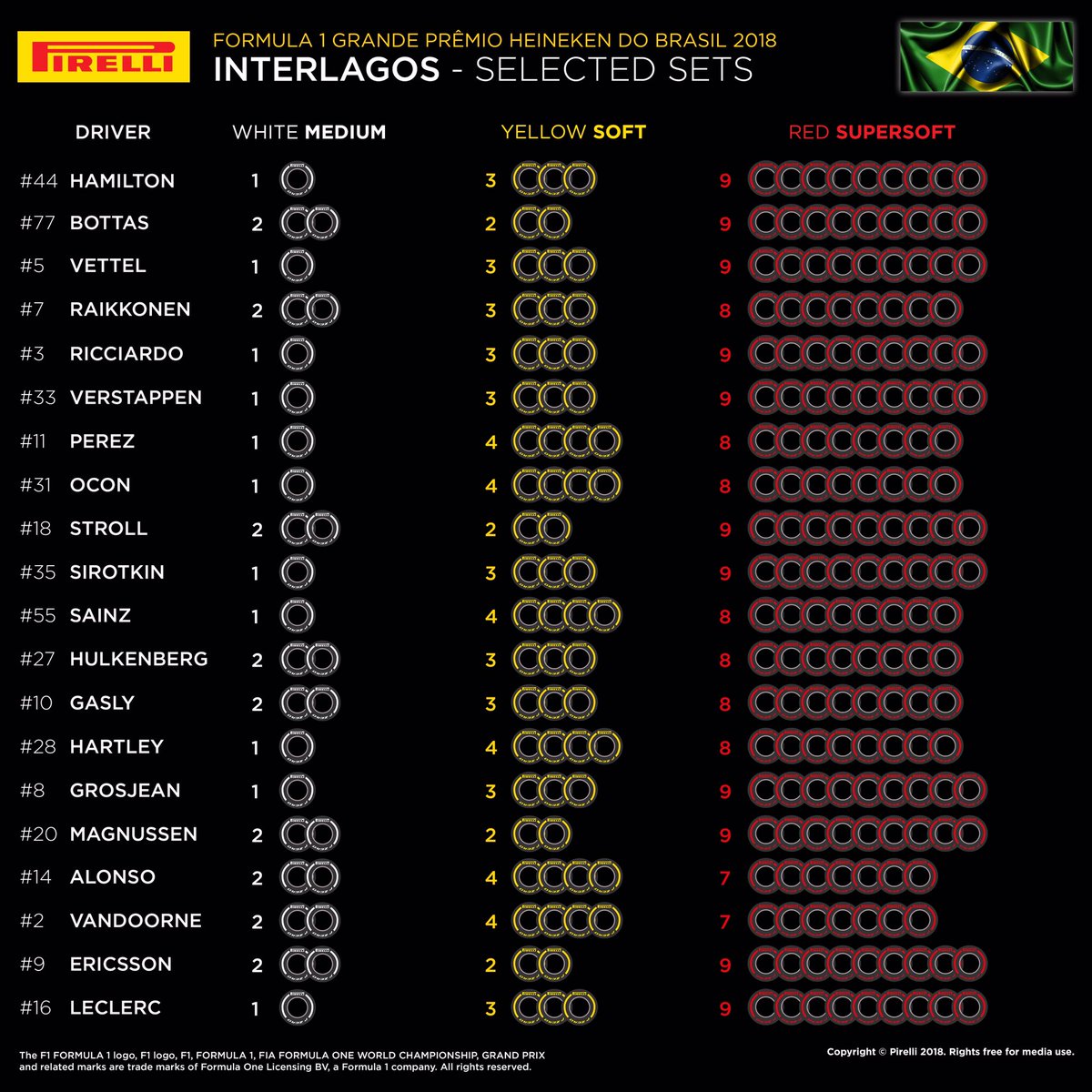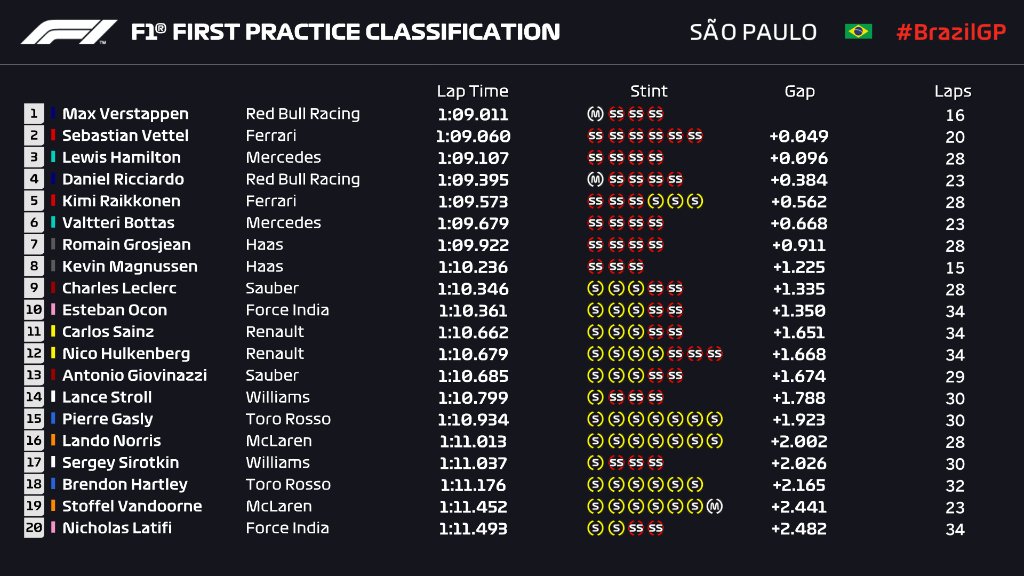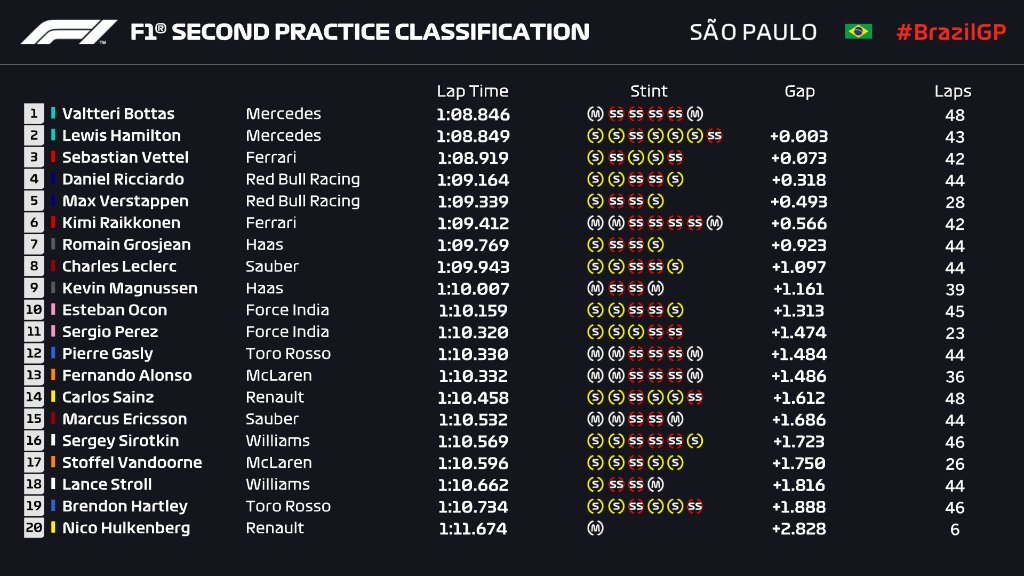One of the biggest factors to shape the way humanity has interacted in the 20th and 21st centuries is Oil. Wars have been fought over it, alliances made and broken, blind eyes turned to shocking human rights abuses in one country while sanctions and threats of invasion are given to another because of the supply.
It’s hard to imagine now but for around 400 years before this, it wasn’t oil that brought misery to many but sugar.
Prior to the 16th century sugar was seen as a valuable spice and something to only grace the tables of the very rich. As methods of refinement improved so the amount of sugar that could be extracted from the cane rapidly increased and soon, the cost of sugar fell.
It was the Portuguese who first introduced sugar into Brazil and by the mid-16th century there were thousands of sugar plantations along the Brazilian coastline. To maximise production and minimise costs, a large amount of cheap labour was required to work these plantations and in 1526, the first slave ships departed West Africa for Brazil. This set-in motion a human trade that by the eventual abolition of slavery, it is estimated somewhere between 11 and 20 million souls were transported across the Atlantic.
I know what you’re thinking. What the Tate and Lyle has all this got to do with Formula 1 ??
Well, in 1959 in Sao Paulo, Brazil, a company was formed that would go on to be the world’s largest exporter of sugar and ethanol products. Employing 11000 people and producing a crop of over 70 million tons of sugar cane per year. The name of that company is Copersucar.
In 1974, Wilson Fittipaldi, the brother of the 1972 F1 world drivers champion, Emerson, decided he was going to establish his own F1 team and that effort would be entirely based in Brazil. With a Brazilian designer, parts being manufactured by the Brazilian aircraft manufacturer Embraer; who also donated time in their wind tunnel; and with funding from Copersucar, this was to be a truly homegrown effort.
While driving for his new team, McLaren, Emerson acted as a consultant for his brothers fledgling outfit, something that would be unimaginable today. The new team first turned out ready for the start of the 1975 season but, with only a single car and running Wilson behind the wheel, results were hard to come by. Running 3 different chassis to try and find a working aero package, the season yielded 2 failures to qualify and no points.
For the 1976 season, the team would get a major boost. In a move that shocked F1, including McLaren, the team he was driving for, Emerson quit to join Wilson and state to the world that Fittipaldi would, in a few short years, produce a team that would make Brazil proud.
The teams results gradually improved, 3 points in 1976, 11 in 77 and 17 in 1978 including a genuinely competitive run to 2nd place at that years Brazilian GP. Sadly, for the team, that season marked the high point. With ground effect now ruling chassis design and despite the fact that the team had relocated to the UK to be closer to their gearbox and engine suppliers, they couldn't find the breakthrough needed to push on. Copersucar pulled out at the end of 1979 and, despite taking another podium for the team in 1980, Emerson walked away at the end of that year.
Having hired a young Finn named Keke Rosberg to partner Emerson for 1980, the team were at least able to run two cars for a full season for the first time. Keke rewarded the team by scoring a 3rd place on his debut.
The team struggled on through to the end of 1982 but, despite having a car in production for 1983, Emerson and Wilson were unable to raise the funds to continue for another season and the team closed its doors.
1983 wasn’t all bad for Brazil however, while Nelson Piquet was busy winning his second world title for Brabham, a young Brazilian driver brought home the British Formula Three Championship for West Surrey Racing. His name was Ayrton Senna Da Silva, but that’s another story.
Enjoy the race.
It’s hard to imagine now but for around 400 years before this, it wasn’t oil that brought misery to many but sugar.
Prior to the 16th century sugar was seen as a valuable spice and something to only grace the tables of the very rich. As methods of refinement improved so the amount of sugar that could be extracted from the cane rapidly increased and soon, the cost of sugar fell.
It was the Portuguese who first introduced sugar into Brazil and by the mid-16th century there were thousands of sugar plantations along the Brazilian coastline. To maximise production and minimise costs, a large amount of cheap labour was required to work these plantations and in 1526, the first slave ships departed West Africa for Brazil. This set-in motion a human trade that by the eventual abolition of slavery, it is estimated somewhere between 11 and 20 million souls were transported across the Atlantic.
I know what you’re thinking. What the Tate and Lyle has all this got to do with Formula 1 ??
Well, in 1959 in Sao Paulo, Brazil, a company was formed that would go on to be the world’s largest exporter of sugar and ethanol products. Employing 11000 people and producing a crop of over 70 million tons of sugar cane per year. The name of that company is Copersucar.
In 1974, Wilson Fittipaldi, the brother of the 1972 F1 world drivers champion, Emerson, decided he was going to establish his own F1 team and that effort would be entirely based in Brazil. With a Brazilian designer, parts being manufactured by the Brazilian aircraft manufacturer Embraer; who also donated time in their wind tunnel; and with funding from Copersucar, this was to be a truly homegrown effort.
While driving for his new team, McLaren, Emerson acted as a consultant for his brothers fledgling outfit, something that would be unimaginable today. The new team first turned out ready for the start of the 1975 season but, with only a single car and running Wilson behind the wheel, results were hard to come by. Running 3 different chassis to try and find a working aero package, the season yielded 2 failures to qualify and no points.
For the 1976 season, the team would get a major boost. In a move that shocked F1, including McLaren, the team he was driving for, Emerson quit to join Wilson and state to the world that Fittipaldi would, in a few short years, produce a team that would make Brazil proud.
The teams results gradually improved, 3 points in 1976, 11 in 77 and 17 in 1978 including a genuinely competitive run to 2nd place at that years Brazilian GP. Sadly, for the team, that season marked the high point. With ground effect now ruling chassis design and despite the fact that the team had relocated to the UK to be closer to their gearbox and engine suppliers, they couldn't find the breakthrough needed to push on. Copersucar pulled out at the end of 1979 and, despite taking another podium for the team in 1980, Emerson walked away at the end of that year.
Having hired a young Finn named Keke Rosberg to partner Emerson for 1980, the team were at least able to run two cars for a full season for the first time. Keke rewarded the team by scoring a 3rd place on his debut.
The team struggled on through to the end of 1982 but, despite having a car in production for 1983, Emerson and Wilson were unable to raise the funds to continue for another season and the team closed its doors.
1983 wasn’t all bad for Brazil however, while Nelson Piquet was busy winning his second world title for Brabham, a young Brazilian driver brought home the British Formula Three Championship for West Surrey Racing. His name was Ayrton Senna Da Silva, but that’s another story.
Enjoy the race.
 Very interesting read
Very interesting read 


 )
)


